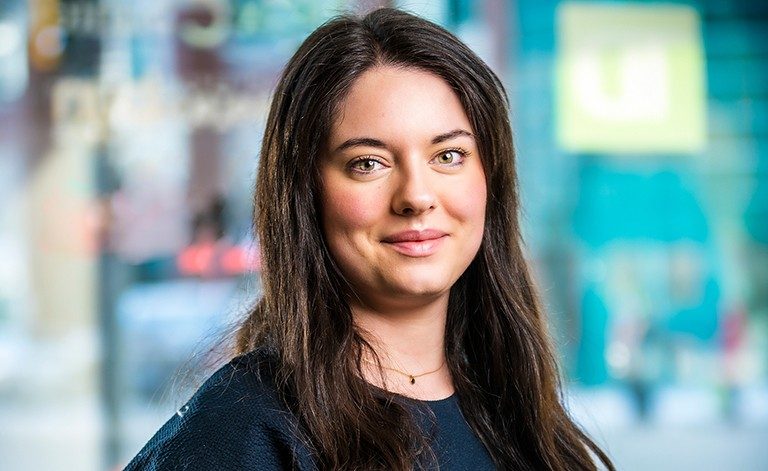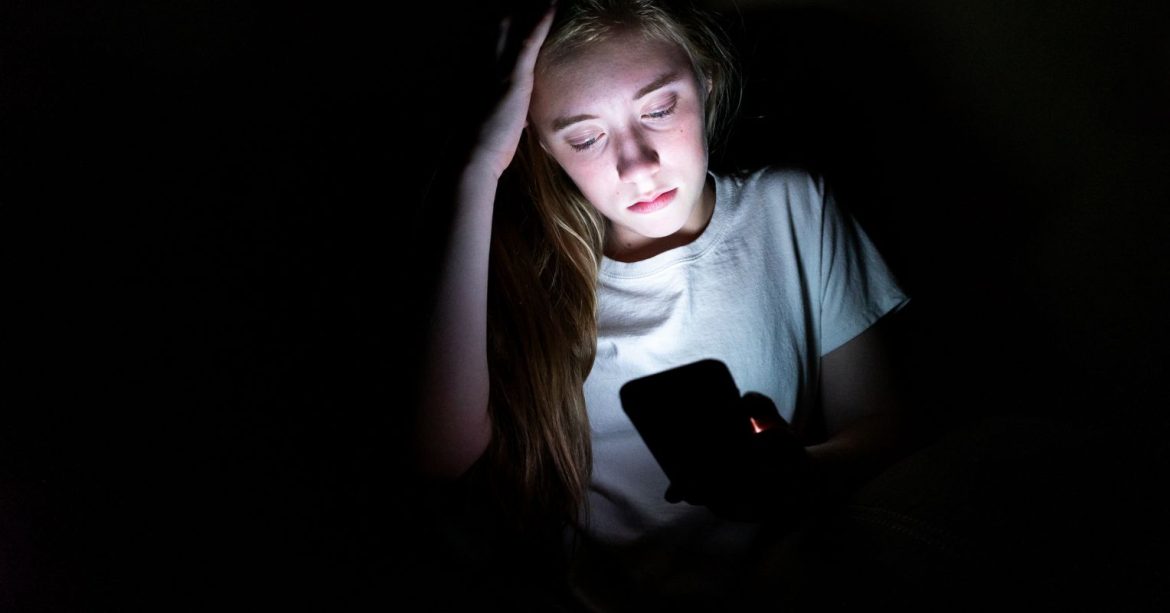CONCORDIA-UNIVERSITY/The image-based social media app Instagram has come under repeated and sustained attacks over the negative mental-health effects it has on its users, in particular young women and girls, over the past few years.
The extent of Instagram’s potential for harm is still being widely debated; but a Concordia researcher argues in a new paper; that regular use of the app is not necessarily a bad thing. And it can in some instances be beneficial to women with mental health issues, including eating disorders and anxiety.
The study follows the social media habits of three Quebec women; living with mental illness who have incorporated Instagram use; into their daily habits and found that it has positive effects on their mental health.
She notes that they use the app in a variety of ways depending on their personalities; whether creating and finding mental-health resources, sharing their healing journeys, or capturing screenshots of inspirational posts. Gravel-Patry says Instagram has a soothing effect on these women; that helps them cope with limited access to mental health resources.
“I was interested in why they are turning to the platform; what kind of content they consume and create and what they find there they can’t find elsewhere,” Gravel-Patry notes.
Healing digital habits
She says there are good reasons to focus on women’s digital habits. First; adopting regular habits is often the first step people living with mental illness can do to improve their mental health; whether it is taking up exercise, going to therapy, crafting, writing in a journal, or spending constructive time online.
Second; she was interested in seeing how the women she interviewed; were able to break away from the pattern of repetitive images portraying women; as hysterical or prone to insanity to create new, more positive discourses. And third, she wanted to see if social media habits can produce a healing transformation in the long run.
“I was trying to put all of this together to see how social media; fits here as something that assists in the recovery and not as something that hinders it,” she says. “I also wanted to consider it not as the best tool necessarily; but because it is a tool that is available to them.”
All three women Gravel-Patry focuses on for her study are Quebec graduate students. One suffers from an eating disorder; another is dealing with generalized anxiety and an eating disorder; and the third lives with anxiety body image issues, and traumas related to her childhood experiences of racism.
All of them use Instagram regularly as a way of coping with their mental illness but in different ways. One decided to share her recovery process through her account, while the other two preferred a more anonymous approach, such as taking screenshots of positive memes or following accounts with content that allays feelings of anxiety.

Mental health meets platform capitalism
She notes that Instagram is not inherently beneficial. As a company operating in the platform-capitalism paradigm, it bears its share of responsibility for contributing to an economic system that profits off women and girls who can be negatively impacted by it.
This takes on added relevance at a time when mental health–care funding is targeted to self-care initiatives such as developing digital mental-health tools.
“Because there are limited resources, people do not have the choice but to take care of their own mental health and go on apps like Instagram,” she says. “But these are apps that ultimately encourage the structure of individualized commodification.”
Source: Concordia University Website







